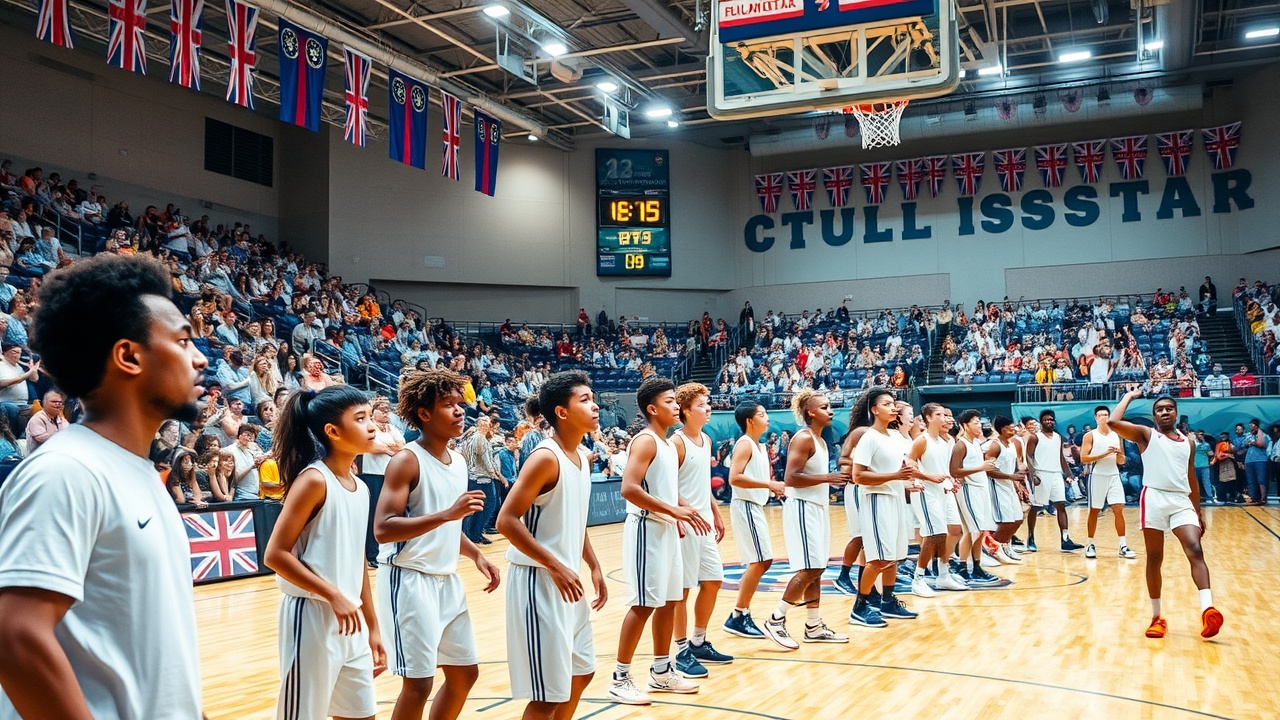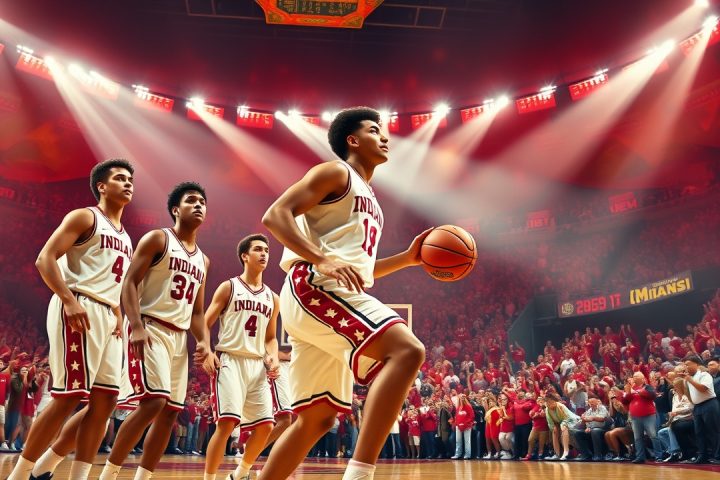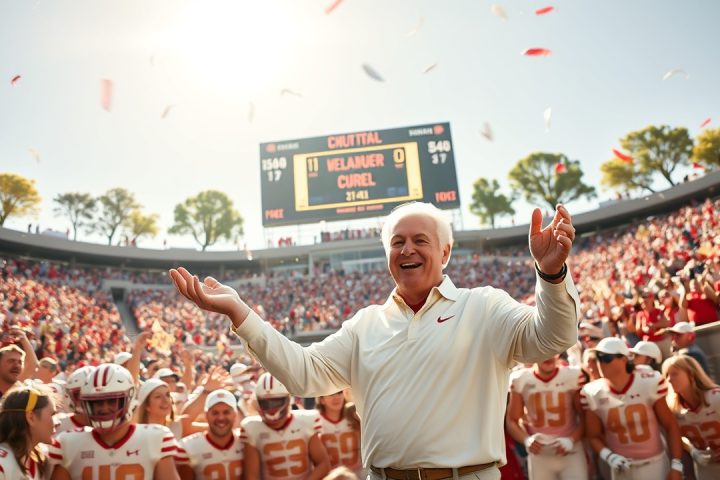NBA’s Expansion into Europe
As the NBA prepares to introduce a new professional basketball league in Europe, potentially launching in just over a year with the assistance of FIBA, the spotlight is firmly on the UK, seen as a key player in this expansion. George Aivazoglou, the NBA’s managing director for Europe and the Middle East, hinted at this promising opportunity during his appearance at SportsPro Live held in London last month, labeling it as the most significant in Europe.
Urban Centers and Key Considerations
While specifics about the league remain under wraps, there is a clear ambition to establish teams in major urban centers across Europe. London and Manchester have emerged as front-runners for representation in what is planned to be a 16-team league. Other cities like Madrid, Barcelona, Paris, Berlin, Munich, Rome, Milan, and Istanbul are also being considered, as explained by Aivazoglou in an interview with EuroHoops.
The UK’s Basketball Landscape
Despite the presence of established teams from these cities in the EuroLeague, recognized as the world’s second-best basketball competition, the absence of British teams is glaring. This season marked the first time the UK did not have representation in the EuroCup, EuroLeague’s secondary tier. Consequently, the UK has been dubbed the “sleeping giant” of European basketball, a contradiction to the sport’s growing popularity and participation levels among the public.
Basketball holds the title of the second most played team sport in the UK, trailing only football, as revealed in the latest Active Lives survey by Sport England. Moreover, the NBA has identified the UK as its second-largest merchandise market in Europe, only behind France, and it boasts a significant subscriber base for NBA League Pass, surpassed only by Germany.
The Impact of NBA Franchises
The potential launch of NBA franchises in London and Manchester in 2026 could be a game-changer for British basketball, which is currently navigating through a tumultuous landscape. The Super League Basketball (SLB) finals recently demonstrated this chaos; the event, held at London’s O2 Arena, managed to attract over 13,000 attendees. Despite the sizeable crowd and the lively atmosphere, media coverage was notably minimal, highlighting ongoing struggles within the sport.
Founded last summer from the ashes of the British Basketball League, which collapsed when its operating license was terminated, the SLB formed from nine professional clubs aiming to revitalize the league. Yet, ongoing tensions with the British Basketball Federation (BBF) continue to undermine progress. The BBF recently granted a long-term license to GBB League Ltd, led by American investors, sparking backlash from SLB clubs who feel sidelined.
Conflict and Governance Issues
The crux of the conflict lies in control. SLB club owners assert that the BBF effectively sold their commercial rights without consent and expressed that their financial viability hinges on ownership of the league. The BBF, however, has maintained its position, asserting that it has merely sold the rights to operate a league and not their commercial rights. This has raised skepticism about whether GBBL, the new league envisioned by Glickman, can secure the necessary financial backing.
Future Prospects and Community Engagement
With GBBL’s proposed launch coinciding with the NBA’s European ambitions, both leagues are working towards initiatives hoping to attract fans. Glickman’s plans include free-to-air televised games and innovative mini-tournaments meant to cultivate community engagement while promoting the sport. He envisions a league that draws in not just basketball enthusiasts but also includes cultural elements to attract a wider audience.
However, the ongoing discord, particularly regarding governance and structure, poses a significant risk to British basketball’s stability. The recent international successes of British teams could be jeopardized if the power struggle remains unresolved. With both men’s and women’s teams highlighting the need for cohesive leadership, there’s an urgent call to ensure all levels of the game are adequately supported and developed.
Conclusion
The British basketball scene finds itself at a crossroads, with an uncertain future as the NBA looks to awaken interest in the sport across Europe. Amidst this, clarity and collaboration are essential if British basketball is to break free from its current challenges and seize the opportunities at hand.




